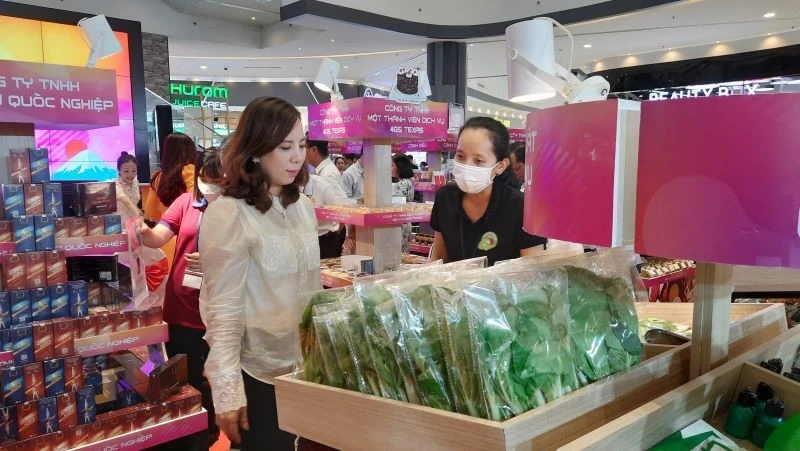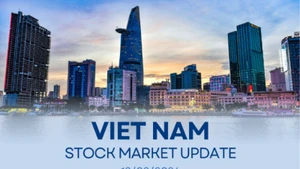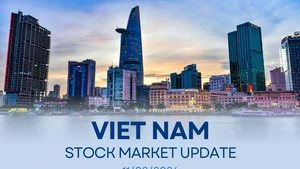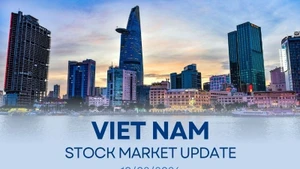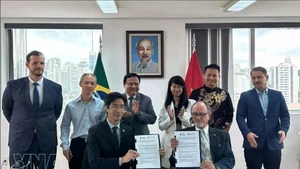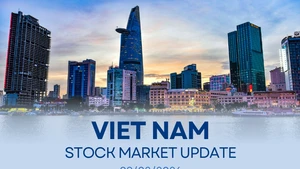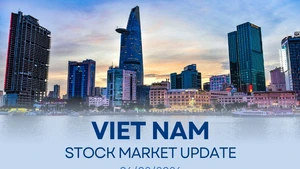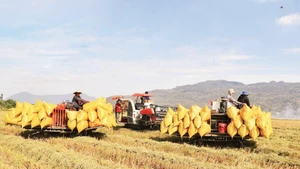In today’s economy, the food and foodstuff industry plays an indispensable role, particularly in major urban centres like Ho Chi Minh City. Its development not only helps meet the growing consumer demand but also contributes significantly to GDP growth and strengthens Viet Nam’s international economic standing.
Products from Ho Chi Minh City’s food enterprises are not only popular domestically but also exported to numerous countries, especially demanding markets such as the US, Japan, and Europe. This demonstrates the industry’s strong competitiveness and potential, as its products are increasingly favoured for their high quality and reasonable prices.
Experts emphasise that a key driver of growth in the sector is the adoption of modern technology throughout production processes, helping to improve both product quality and operational efficiency.
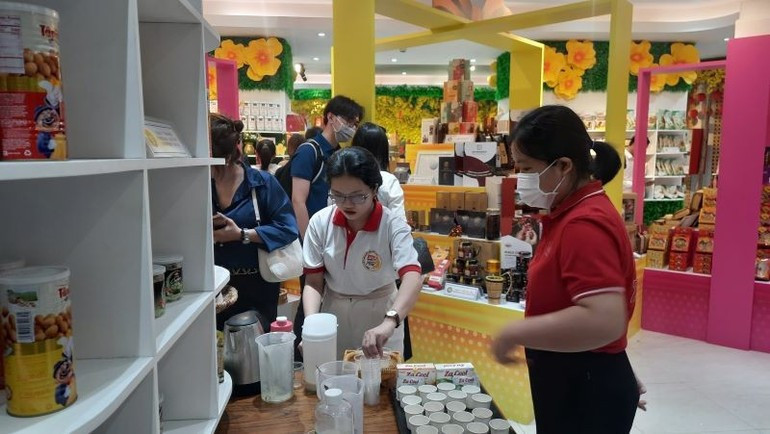
Moreover, green production and digital transformation are emerging as leading trends, promoting sustainable, resource-efficient, and environmentally friendly manufacturing models.
Ho Chi Minh City’s food and foodstuff industry holds significant advantages over other localities nationwide. The city boasts the country’s most advanced technological capacity, a vast production material base, and strong supply links with provinces across Viet Nam.
Notably, many enterprises have been embracing digital transformation, modernising production processes, and adopting eco-friendly technologies to enhance product competitiveness.
Without adopting green technologies, circular economy models, and standardised production, it will be difficult for businesses to export to markets such as the US, Europe, and other high-standard economies.
According to Ly Kim Chi, Chairwoman of the Ho Chi Minh City Food and Foodstuff Association, said: “Without adopting green technologies, circular economy models, and standardised production, it will be difficult for businesses to export to markets such as the US, Europe, and other high-standard economies.”
However, implementing these standards remains challenging, especially in the food and foodstuff industry, where compliance must extend from farm to factory to finished products. This requires alignment across the entire value chain—from raw material zones to processing facilities—and significant investment in new machinery and green technologies.
In recent years, the industry has maintained an average annual growth rate of 6–7%. With continued innovation and the adoption of green production processes, it is projected that by 2050, the sector’s value-added growth rate could reach 7.5–8.5% per year.
As Viet Nam’s largest economic hub, Ho Chi Minh City has been implementing various policies and strategies to foster strong growth in the food processing industry. A key milestone is Decision No. 4700/QD-UBND, issued on October 23, 2024, approving the Development Strategy for the City’s Food Processing Industry to 2030, with a vision to 2050, a clear testament to the city’s commitment and investment in this vital industry.
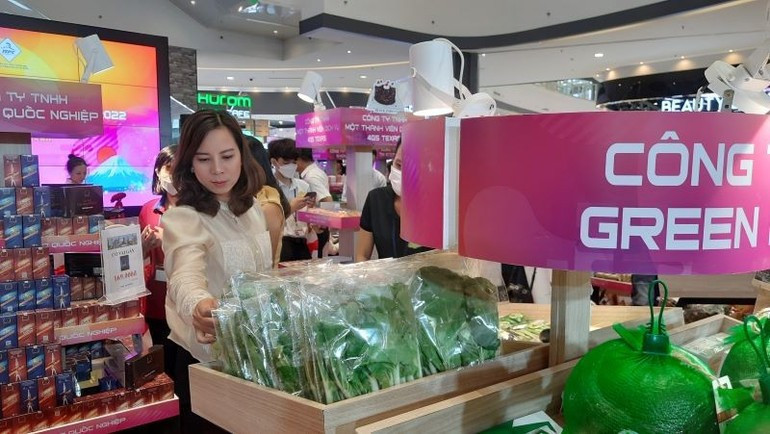
Accordingly, the strategy aims for the industry to focus on core products meeting food safety standards, applying green and traceable production, and ensuring sustainable development by 2050.
In addition, the strategy also aims to diversify products, adapt to changing consumer behavior, build and develop strong brands, and expand and diversify consumption markets both domestically and internationally.
Experts believe that Ho Chi Minh City’s food and foodstuff industry is experiencing strong growth momentum and holds a promising future, as enterprises increasingly emphasise quality, technology, and environmental protection, supported by robust local government policies.
However, to sustain this development, the industry must continue to innovate and adopt international standards, notably Halal certification, to meet the demands of Muslim-majority markets, while keeping pace with emerging consumer trends such as clean, organic, and eco-friendly foods.
At the same time, businesses should enhance digital transformation efforts by applying information technology in product promotion and e-commerce, helping them reach customers faster and deepen integration into global supply chains.
According to Tran Phu Lu, Director of the Ho Chi Minh City Investment and Trade Promotion Centre (ITPC): “The food processing industry plays an important role in the city’s socio-economic development. In recent years, the city has introduced numerous policies to support enterprises in expanding production and market reach.”
Besides, the city’s food industry continues to focus on developing key products that meet food safety, green, and sustainable standards, with an emphasis on traceability and a shift from primary to advanced processing to enhance value.
